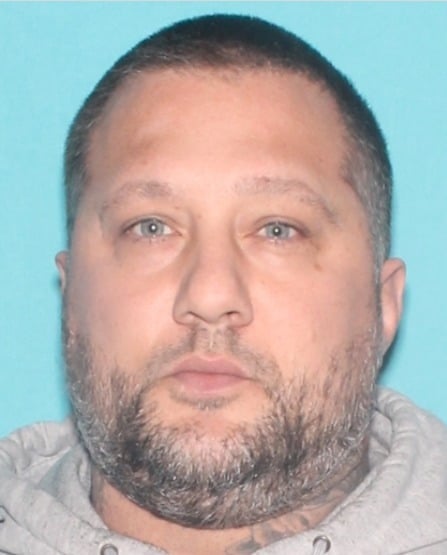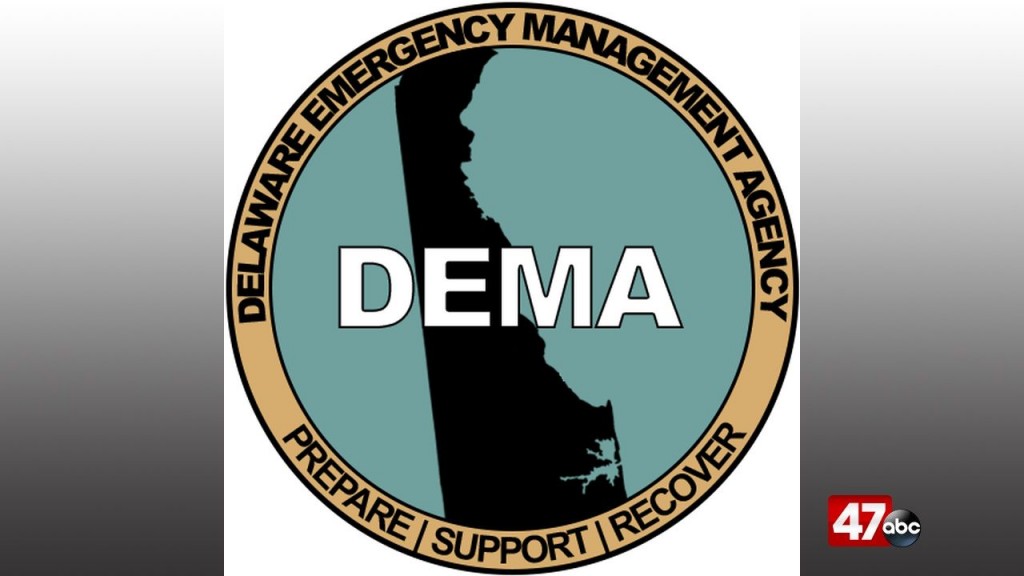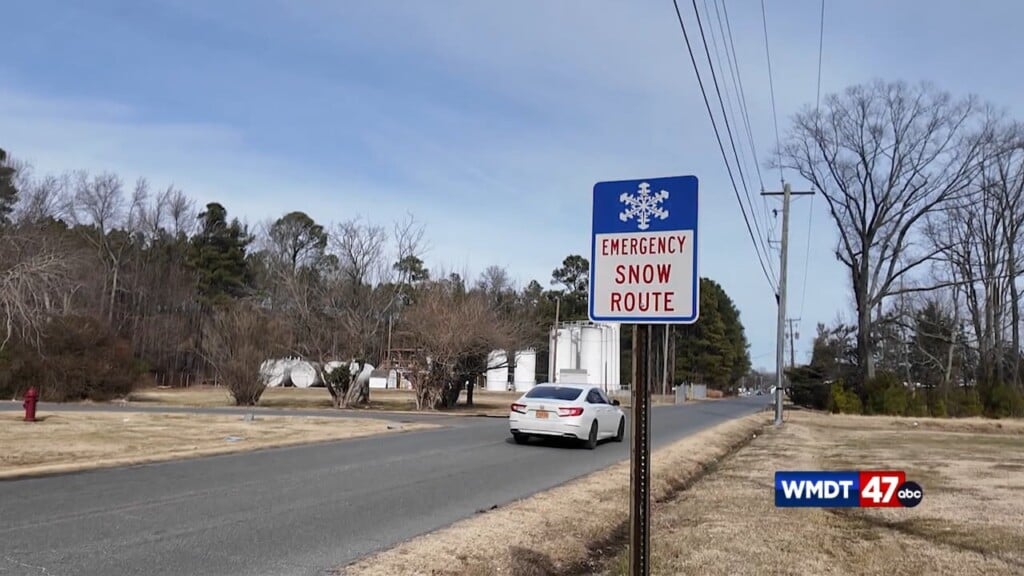Where does the Juvenile Justice Reform bill go after two competing versions pass crossover
MARYLAND- The Maryland House and Senate now each have their vision for juvenile reform moving forward, setting up a dispute on how to hold teens accountable, and through what channels.
After months of sounding the alarm on juvenile crime on the eastern shore- Senator Mary Beth Carozza says- provisions drafted by local state’s attorneys and police are now in both house and senate juvenile crime reform bills.
Those include a requirement for cases of car theft and minor crimes to be logged in the Department of Juvenile Service intake system, and even follow-up with a judge within 24 hours if they include violence.
“It’s been a total team effort,” Senator Carozza said.
“We’ve been very concerned about those 10 to 12-year-olds that they are held accountable as far as they’re not just kind of released back into the schools, that there is some type of program, some diversionary support for them to make sure this doesn’t happen again.”
But what a diversionary program is — is still an open question, each bill with its own definition.
Cambridge Mayor Steven Rideout tells us his town is no stranger to juvenile crime, with high levels of juvenile car thefts and violence.
He knows what he wants to see from the final reform bill; the community organizations that already work with these kids getting additional state funding, to increase their scope even before a crime happens.
“The funding would come out of the office on children, out of the governor’s office, not through DJS, because you’re trying to do prevention and early intervention. You’re trying to address it, so it’s not a criminal or a delinquent offense,” he said.
He says that can be after-school programs, counseling, or any program that matches the need, but the determination of what those programs will be should be left to individual communities, with the state helping to fund the efforts.
But Senator Carozza says even if they aren’t acting alone, DJS must play a larger part. with the Senate version funding an expansion of those DJS programs.
“We need to make sure that the Department of Juvenile Services has both the resources and the accountability and commitment. You need a secretary at the top of that department understanding that we’ve given you the resources to carry out these types of programs,” Senator Carozza said.
The final language and scope of the bill will be determined by a conciliatory committee before the end of the session on April 8th.


